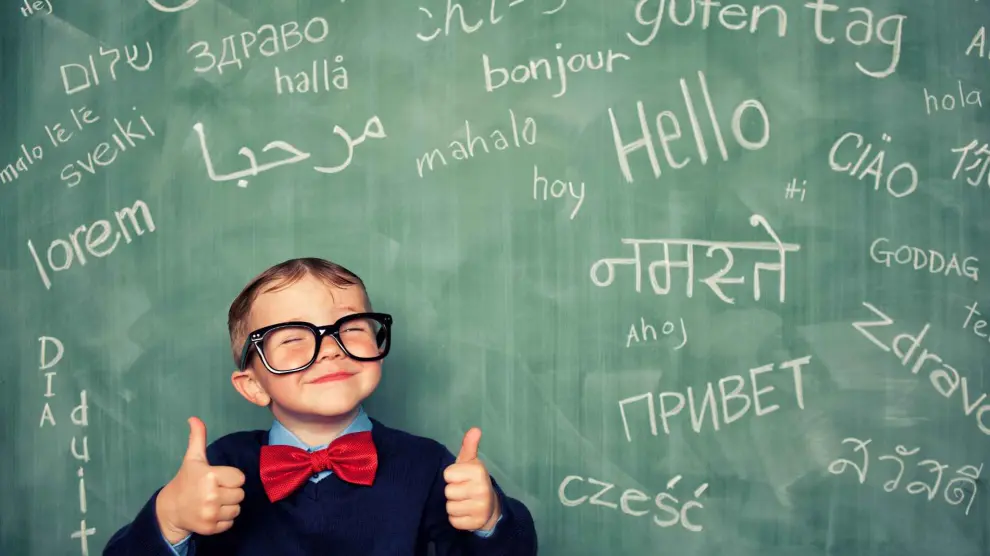
Table of Contents
Which Language is the Hardest to Learn?
Learning a new language is exciting, but some languages are harder than others. Many people wonder cual es el idioma mas dificil de aprender. This question is tricky because difficulty depends on your first language and the type of language you want to learn.
Understanding Language Difficulty
Languages are not equally difficult for everyone. For a Spanish speaker, learning Portuguese may be easy. But learning Mandarin Chinese may feel very hard. The main factors that make a language difficult include grammar, pronunciation, writing system, and cultural context.
Grammar is often a big challenge. Some languages have simple rules. Others have many exceptions. For example, English has irregular verbs like “go/went/gone,” which are hard to memorize. On the other hand, Arabic has a complex system of verb forms and sentence structures.
Pronunciation can also be difficult. Some languages have sounds that do not exist in your native language. For example, the French “r” or the Arabic “ع” are very difficult for beginners.
Writing systems matter too. Chinese uses characters instead of an alphabet. Each character has a unique shape and sound. Learning thousands of characters takes time and patience. Japanese also uses multiple scripts, which makes reading and writing very challenging.
Cultural context is important as well. Some languages have words or expressions tied to traditions or history. Learning the language also means learning the culture.
Languages Often Considered the Hardest
Experts often list a few languages as very difficult for native Spanish or English speakers.
Mandarin Chinese
Mandarin is often called one of the hardest languages. It has tones, which change the meaning of words. One word can sound different depending on the tone. The writing system is also complex. Each character represents a word or part of a word, not a letter. Many learners ask, cual es el idioma mas dificil de aprender and Mandarin is usually one answer.
Arabic
Arabic is another difficult language. It has a unique script written from right to left. Grammar is complex with many rules and exceptions. Pronunciation is also challenging for beginners. Different countries speak very different dialects. Learning Modern Standard Arabic is different from learning everyday spoken Arabic.
Japanese
Japanese has three writing systems: hiragana, katakana, and kanji. Grammar is very different from English or Spanish. Politeness levels and social context affect how people speak. Japanese is often on the list when people ask cual es el idioma mas dificil de aprender.
Korean
Korean uses the Hangul alphabet, which is simpler than Chinese or Japanese characters. But grammar and sentence structure are very different. Korean verbs change based on politeness and tense. Vocabulary is also very different from European languages.
Russian
Russian uses the Cyrillic alphabet. It also has complex grammar with six cases. Nouns, pronouns, and adjectives change depending on their role in the sentence. Pronunciation can be tricky as well. Russian is another example when people consider cual es el idioma mas dificil de aprender.
Factors That Make a Language Easier
Not all languages are equally hard. Some factors make learning easier:
- Similar vocabulary: Languages like Spanish, Portuguese, and Italian share many words.
- Simple grammar: Some languages have fewer rules and exceptions.
- Familiar sounds: If a language uses sounds you already know, it is easier to pronounce.
- Clear writing system: Languages with alphabets are usually easier to read and write.
For example, if you speak Spanish, learning Italian may feel easy. German is harder but still simpler than Arabic or Mandarin.
Personal Experience Matters
Even with difficult languages, personal motivation can make a difference. A dedicated learner can succeed in any language. Some people find Mandarin fun because of its tones. Others enjoy Japanese for its culture. The hardest language for one person may be easier for another.
Practice also matters. Speaking, listening, reading, and writing every day helps learners improve faster. Immersion in a country where the language is spoken is very effective.
Technology and Learning
Today, technology helps learners tackle hard languages. Apps, online courses, and language exchange platforms make learning easier. Virtual flashcards can help memorize Chinese characters. Speech recognition helps with pronunciation. Even so, the question cual es el idioma mas dificil de aprender still depends on the learner’s background and effort.
Conclusion
When people ask cual es el idioma mas dificil de aprender, the answer is not simple. Mandarin, Arabic, Japanese, Korean, and Russian are often considered the hardest languages. However, difficulty is relative. Your native language, personal skills, and motivation affect how hard a language feels. Even the hardest languages can be learned with the right strategy, patience, and practice.



